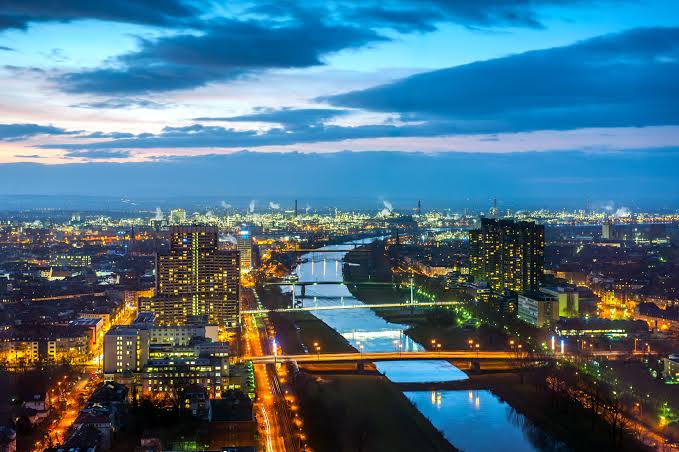Germany has always been a big player in European business, and its technical and industrial know-how is well known. Investors who want to make money in manufacturing and production need to know where this strength comes from. This piece talks about ten of Germany’s best manufacturing cities that are also becoming hubs for growth, new ideas, and investment chances. These cities have good infrastructure, skilled workers, environments that are good for business, and quick access to supply lines around the world. They make cars, heavy machinery, medicines, and very exact engineering, among other things. A lot of people from all over the world are still interested in Stuttgart, Munich, and Hamburg because they have modern industrial parks and good transportation networks.
At the same time, new places like Leipzig and Dresden are growing in importance as smart manufacturing hubs because of advances in technology and green building. If you want to invest in different things, like making cars, chemicals, electrical parts, or renewable energy, this page shows cities that are good for those things. This score tells you not only how much money each place makes, but also how important it is to Germany’s business setting as a whole. You should go to these places if you want to start making things in Germany or spread your business around the world. For business and chance, find out where the best places are in Germany’s manufacturing sector.
The Top Ten Manufacturing Cities In Germany For Investors In 2025
10. Pforzhei
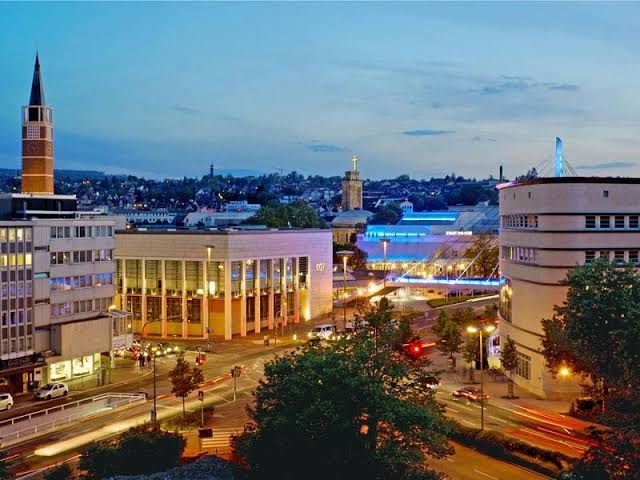
Pforzheim is known as the Golden City of southern Germany. It dominates national production of jewelry, watches, and precision metal items. Around 70 percent of the country’s jewelry and silverware output comes from here, alongside a thriving electronics and dental manufacturing sector . Beyond tradition, the city hosts high volume light‑engineering industries and retains a strong logistics infrastructure linking the Black Forest to the Rhine. Investment in metalworking clusters and small‑batch precision fabrication makes it ideal for niche manufacturing expansion. With evolving digital manufacturing tools and a skilled local labor base, Pforzheim provides fertile ground for upgrades in Industry 4.0 technologies. Its compact size, focused industrial economy, and local vocational expertise create a competitive landscape for investors targeting high margin, artisanal, or custom metal products in Europe’s backyard.
9. Regensburg
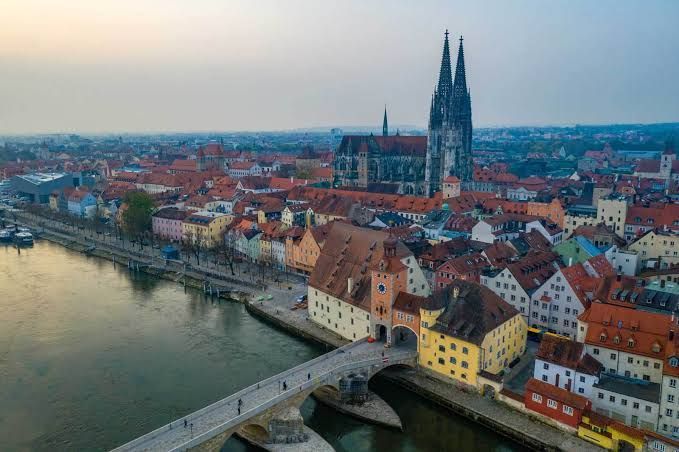
Regensburg sits on the Danube in Bavaria and has emerged as one of Germany’s fastest‑growing industrial centres . Major automotive production plants operate here, including BMW, Continental, and Infineon. The city also hosts GE Aviation, Siemens, Osram, and a growing biotech park. With strong electrical and industrial engineering clusters, Regensburg ranks high in innovation. A key asset is its university and applied science institutes, feeding skilled engineers into local firms. Contributing sectors include automotive electronics, specialized turbine components, and information technology. A unique advantage comes from UNESCO protected city status, boosting quality of life for employees. Comprehensive infrastructure connects Regensburg to Munich and beyond, supporting just‑in‑time manufacturing models. With supportive local government incentives and expanding biotech facilities, Regensburg shapes up as a balanced destination for investors focused on diversified industrial manufacturing and emerging high tech.
8. Mannheim
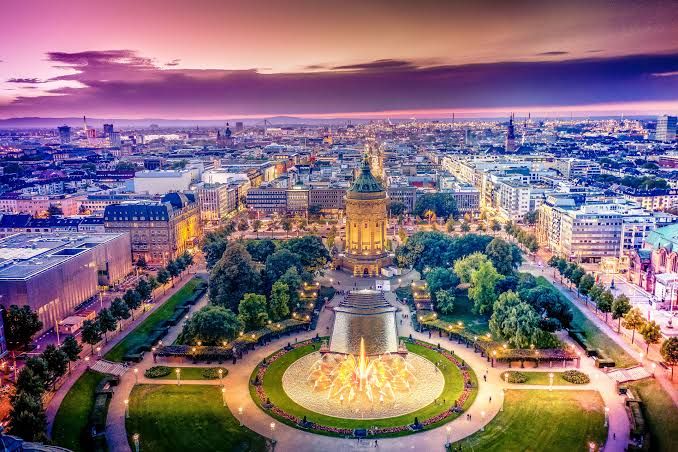
Located in the Rhine‑Neckar region, Mannheim has pioneered mechanical innovation since the era of Germany’s first car and bicycle . It hosts Germany’s largest inland port and Europe’s second largest marshalling yard, offering superb logistics infrastructure. Multinational firms including Roche, ABB, IBM, Siemens, and Unilever operate significant manufacturing facilities here. The city’s strengths include chemical processing, mechanical components, automotive parts, and logistics operations.
It benefits from a skilled workforce provided by technical universities and vocational schools. Mannheim has also transformed into a smart‑city testing ground, with grid scale powerline communication systems and local Industry 4.0 initiatives . Investments here often relate to efficient plant automation, data driven plant control, and integrated supply chain solutions. For industrial investors seeking a multimodal logistics advantage combined with mechanical and electronic manufacturing potential, Mannheim is a strong contender.
7. Leipzig
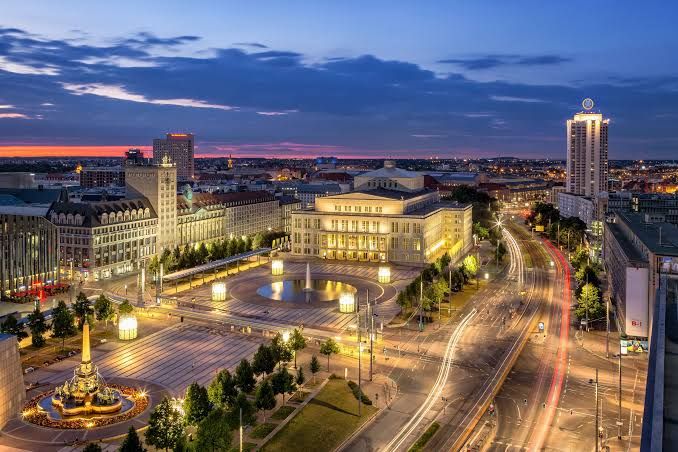
Leipzig has earned a reputation as a fast growing eastern German boomtown . It hosts major automotive assembly plants for BMW and Porsche as well as Amazon and DHL logistics hubs. It is also a locus for biotech, heart centre medical research, and a petrochemical output node. Automotive suppliers specializing in batteries, electronic parts, and EV technologies have clustered here, with Porsche’s carbon‑neutral Macan assembly and BMW battery production leading the charge .
A growing network of smart industrial parks including TechPark Leipzig and ACOD’s EV cluster, collectively aim at energy transition and e‑mobility innovation . Good quality of life, affordable property, and digital hub status support a stable workforce pipeline. For investors targeting future mobility solutions, next‑generation battery makers, energy storage and hybrid vehicle supply chains, Leipzig offers both scale and opportunity.
6. Ludwigshafen
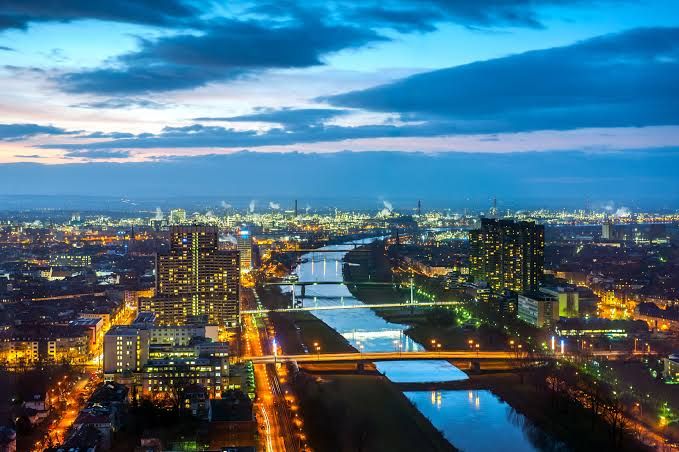
Ludwigshafen on the Rhine is dominated by BASF, the world’s largest chemical producer . This city anchors Europe’s chemical innovation ecosystem. Its oil refining, polymer and specialty chemical production is second to none in Germany. These capabilities enable robust linkages across pharmaceuticals, agrochemicals, coatings and plastics sectors.
BASF drives investments in green process innovation, digital chemical plant automation and circular economy projects. The presence of research laboratories and vocational training centres aligned with BASF reinforce a highly skilled workforce. Proximity to one of Europe’s busiest inland ports supports export‑oriented operations via Rhine barge routes. For investors in industrial chemistry, new materials, sustainable process technologies or biotech feedstock, Ludwigshafen offers high capacity and global supply chain access in one integrated location.
5. Dresden

Dresden is hailed as Europe’s semiconductor centre. It hosts leading wafer fabrication plants including Infineon, GlobalFoundries and the fast‑moving ESMC project backed by TSMC . As Germany’s design and manufacturing hub for microelectronics, it supplies chips for automotive, industrial and IoT applications. A dense cluster of research institutes and clean room facilities make it future‑proof. Dresden also excels in precision optics, photonics, pharma and high‑end mechanical engineering. The city offers reliable renewable energy sources which is important for energy‑intensive fabs. For investors betting on chip assembly, microelectronics equipment or semiconductor chemicals, Dresden sits at Europe’s efficiency frontier.
4. Stuttgart
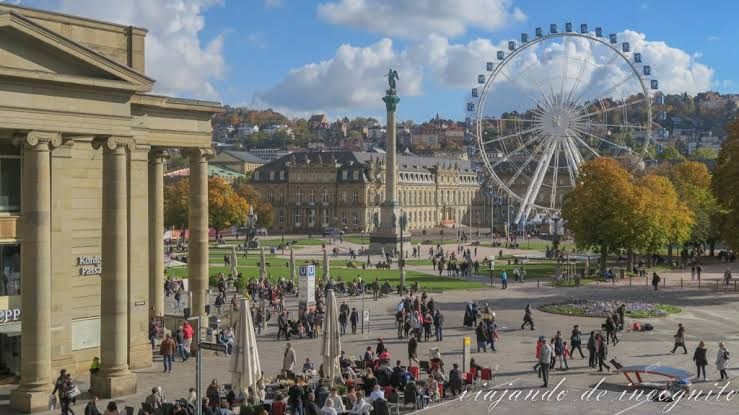
Stuttgart is the cradle of the automobile and a global engineering powerhouse . The city hosts headquarters and plants for Mercedes‑Benz, Porsche, Bosch and numerous tier‑one automotive suppliers. Total automotive ecosystem accounts for around 25 percent of regional employment. Stuttgart also leads in factory automation, AI‑driven robotics and smart production lines. Enterprise investment in smart city labs like Stuttgart Digital Hub furthers Industry 4.0 uptake . Skilled vocational schools, R&D institutes and Fraunhofer facilities reinforce human capital depth. This makes Stuttgart highly attractive for investors targeting smart manufacturing upgrades, electric vehicle supply chains or robotics‑enhanced plant productivity.
3. Munich
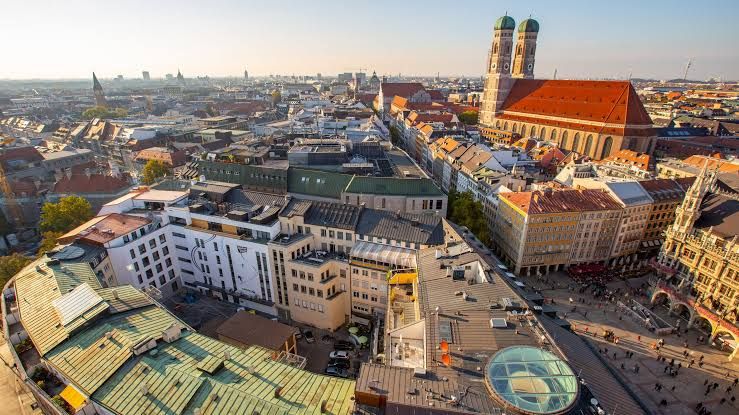
Munich is Germany’s strongest economic performer and a centre for advanced manufacturing and innovation . It houses major players like BMW, Siemens, Infineon, MTU Aero Engines, Linde and Rohde & Schwarz. Manufacturing spans automotive, aerospace, semiconductors, gas production and industrial electronics. A dense network of research universities, global corporate headquarters and tech startups reinforces a pipeline for cutting edge R&D. Munich ranks among cities with highest purchasing power per capita and lowest unemployment among large German cities . Investors focused on aerospace systems, clean tech, chip design, gas tech, or analytics‑driven production can find world‑class ecosystem support here, along with excellent infrastructure and international connectivity.
2. Hamburg
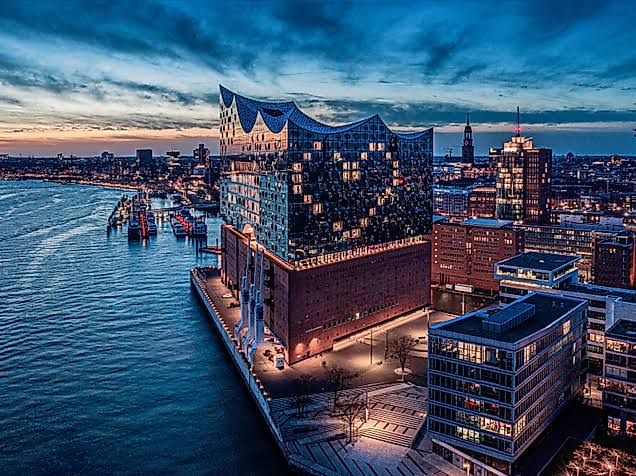
Hamburg stands as Germany’s primary port city and a diversified manufacturing powerhouse . Its strength lies in maritime and aerospace engineering, renewable energy manufacturing and logistics services. Global firms including Airbus, Beiersdorf and Olympus operate local production and R&D. The port enables efficient export of heavy machinery, turbines and maritime components. Growing green energy clusters support wind turbine manufacturing and offshore platforms. With excellent connectivity, high stock of FDI projects, and proximity to Nordic markets, Hamburg offers strategic advantage for manufacturers targeting marine and energy sectors, especially in offshore renewables.
1. Frankfurt‑Rhein‑Main
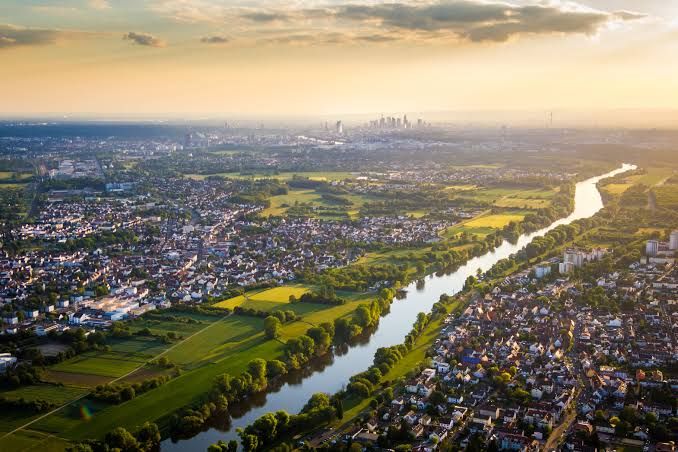
Frankfurt anchors Europe’s financial district and is emerging as a smart manufacturing node . Beyond banking, it supports automation, pharmaceuticals, chemicals, logistics and data centre manufacturing. Major investments include multimillion euro data hubs from LG Chem, CyrusOne and Siemens Healthineers . Frankfurt benefits from central locale, top‑tier digital infrastructure, major airports and rail logistics convergence. Smart automation in pharma and supply chain is growing fast under Industry 4.0 programmes . This combination of financial services, smart logistics, high tech pharma and digital industry makes the region a compelling site for investors aiming at integrative manufacturing‑finance opportunity spaces.

